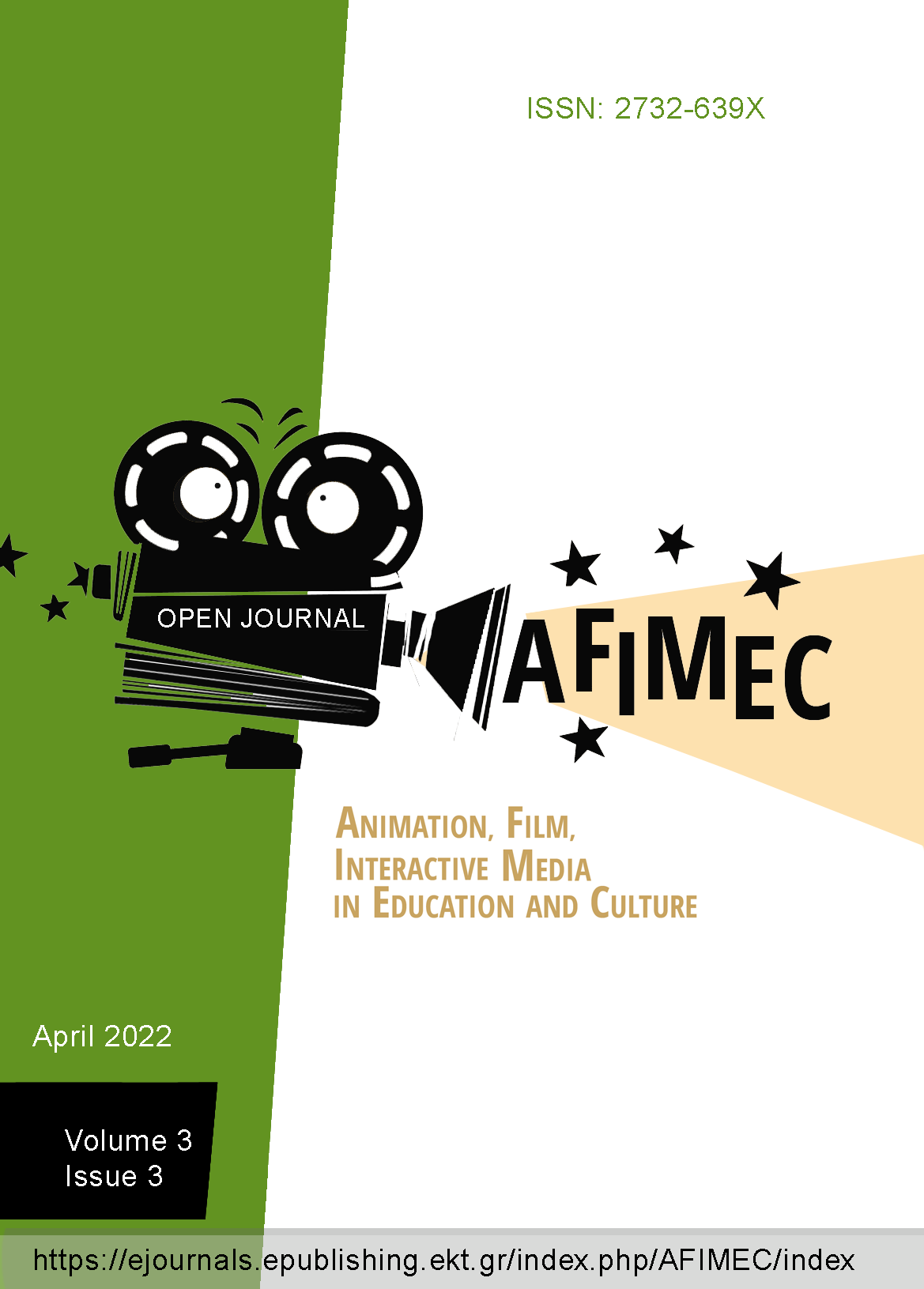"Προσεγγίσεις του χώρου στα λογοτεχνικά κείμενα της Δευτεροβάθμιας εκπαίδευσης με τη χρήση STORYMAP JavaScript(JS)"

Abstract
This study is conducted in the context of Literary Geography, a recently developed branch of Human Geography, which examines the represented space in literature. Specifically, the purpose of the study is to explore how students can better understand the space represented in selected literary texts included in Secondary School textbooks in Greece, especially texts that deal with the interaction of humans with nature or refer to environmental problems in order to connect this knowledge to the real world. For this spatial approach, it is suggested to use the STORYMAP JavaScript (JS) application to post stories on the web with information that students will collect from the texts and from the internet, such as historical information and audiovisual material, and then add to the story by placing them in geographical points on the interactive map. Thus, with the contribution of new technologies, the teaching of literature becomes experiential and more interesting.
Article Details
- How to Cite
-
Μαργαρίτη Μ. (2022). "Προσεγγίσεις του χώρου στα λογοτεχνικά κείμενα της Δευτεροβάθμιας εκπαίδευσης με τη χρήση STORYMAP JavaScript(JS)". Open Journal of Animation, Film and Interactive Media in Education and Culture [AFIMinEC], 3(3). https://doi.org/10.12681/afiinmec.31699
- Section
- Articles
- Οι Συγγραφείς διατηρούν τα Πνευματικά Δικαιώματα και χορηγούν στο περιοδικό το δικαίωμα της πρώτης δημοσίευσης ενώ ταυτόχρονα τα πνευματικά δικαιώματα της εργασίας προστατεύονται σύμφωνα με την Creative Commons Attribution License που επιτρέπει σε τρίτους - αποδέκτες της άδειας να χρησιμοποιούν την εργασία όπως θέλουν με την προϋπόθεση της διατήρησης των διατυπώσεων που προβλέπονται στην άδεια σχετικά με την αναφορά στον αρχικό δημιουργό και την αρχική δημοσίευση σε αυτό το περιοδικό.
- Οι Συγγραφείς μπορούν να συνάπτουν ξεχωριστές, και πρόσθετες συμβάσεις και συμφωνίες για την μη αποκλειστική διανομή της εργασίας όπως δημοσιεύτηκε στο περιοδικό αυτό (π.χ. κατάθεση σε ένα ακαδημαϊκό καταθετήριο ή δημοσίευση σε ένα βιβλίο), με την προϋπόθεση της αναγνώρισης και την αναφοράς της πρώτης δημοσίευσης σε αυτό το περιοδικό.


